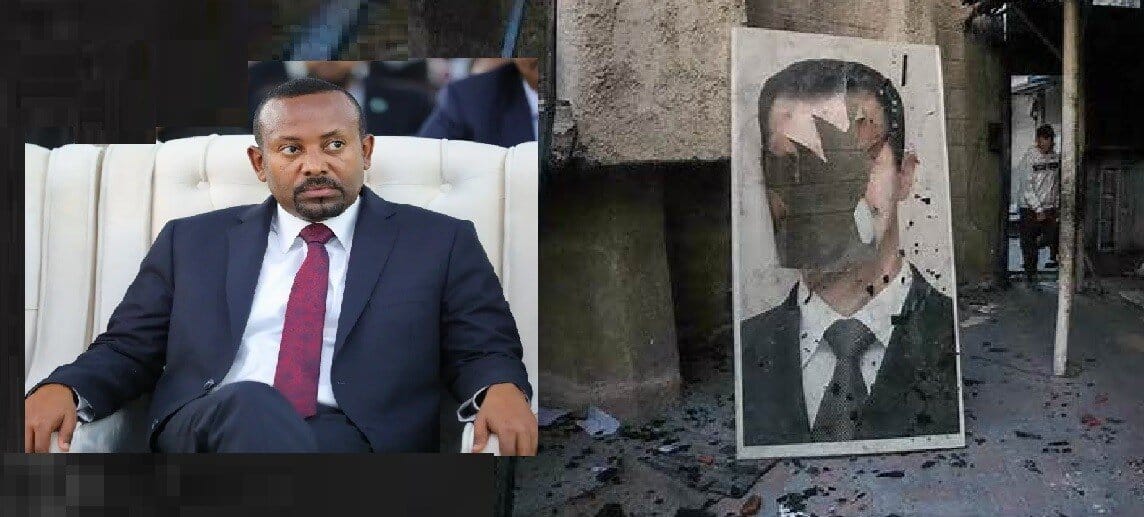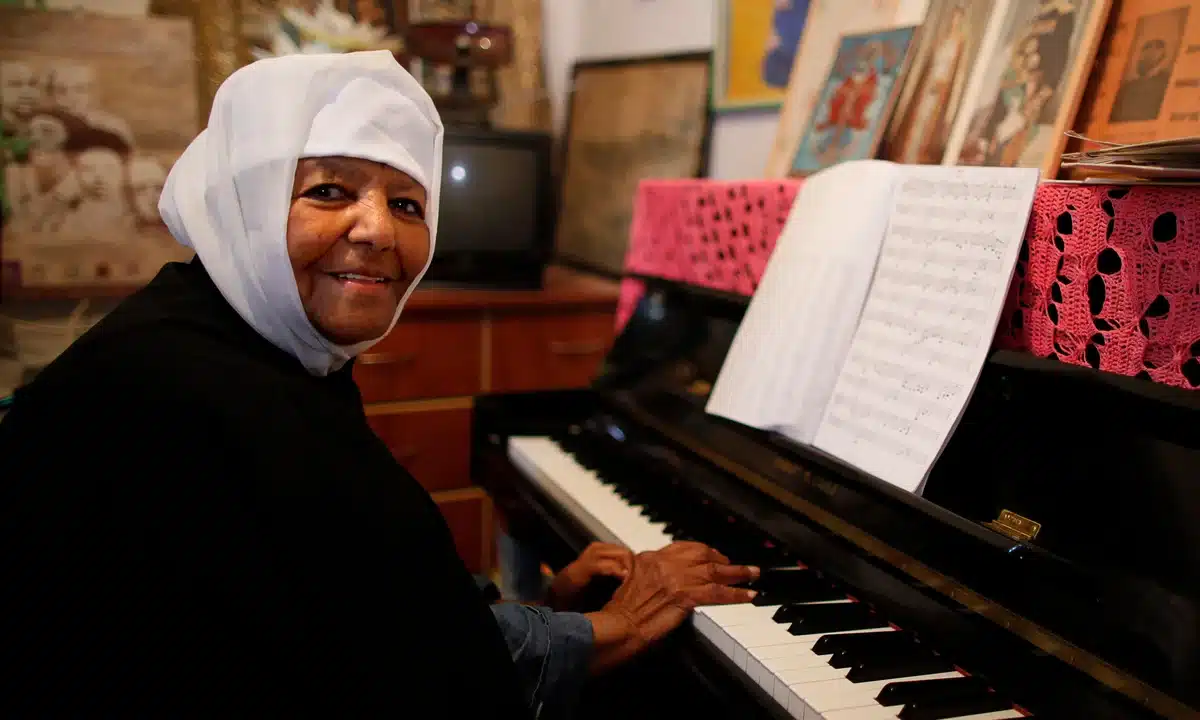Ambassador Linda Thomas-Greenfield
U.S. Representative to the United Nations
New York, New York
July 8, 2021
AS DELIVERED
Thank you, Mr. President. And let me start by thanking you the briefers, Special Envoy Onanga Anyanga, Executive Director Andersen, and the DRC representative on behalf of Chairman Tshisekedi, for the information that you shared with us today. I would also like to welcome the participation of the Ministers of Foreign Affairs from Egypt and Sudan and the Minister of Water from Ethiopia.
Mr. President, the Horn of Africa is at an inflection point. Decisions in the weeks and months ahead will have significant, long-term implications for the people of the region. The United States is committed to addressing the interlinked regional crises and to supporting a prosperous and stable Horn of Africa. So, we stand ready to support collaborative and constructive efforts by Ethiopia, Egypt, and Sudan to resolve the issues over the GERD.
We understand that the Nile waters and how these waters are used are important to all three of these countries. And we believe this is an issue that can be reconciled. A balanced and equitable solution to the filling and operation of the GERD can be reached with political commitment from all parties. Egypt and Sudan’s concerns over water security and the safety and operation of the dam can be reconciled with Ethiopia’s development needs.
This begins with the resumption of productive, substantive negotiations. Those negotiations should be held under the leadership of the African Union and should recommence with urgency. This process should use the 2015 Declaration of Principles signed by the parties and the July 2020 statement by the AU Bureau as foundational references.
We believe that the African Union is the most appropriate venue to address this dispute, and the United States is committed to providing political and technical support to facilitate a successful outcome. We urge the African Union and the parties to use the expertise and support of the three official observers – South Africa, the European Union, and the United States – as well as the United Nations and other partners to help achieve a positive outcome.
We also urge representatives of Sudan, Ethiopia, and Egypt to continue to discuss with our government the full range of possible means to de-escalate tensions, and to demonstrate flexibility in your approach to resolving this matter peacefully. We call on all parties to refrain from making any statements or taking any actions that might jeopardize the negotiation process and to commit themselves to a negotiated solution that is acceptable to everyone. Reaching a solution on the GERD would pave the way for additional cooperation on water resources, regional development, and economic integration.
We reaffirm our commitment to work with Egypt, Ethiopia, and Sudan, as well as our allies and partners, to ensure that the African Union-led negotiations resume with urgency and move toward productive, substantive, and constructive ends.
Thank you, Mr. President.
###
——————————–//——————————–















